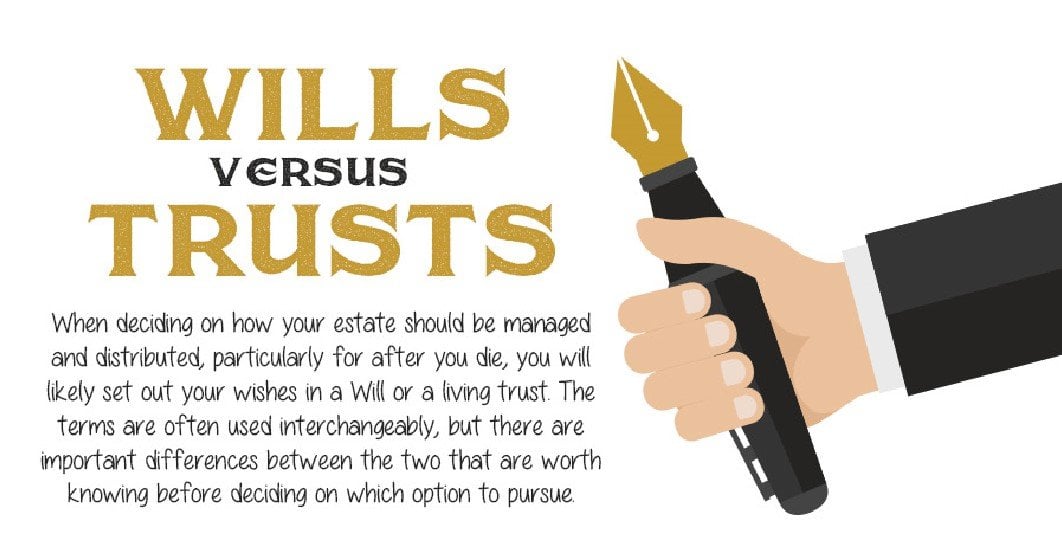Wills and trusts conjure the same connotations of documenting how you want to distribute your assets amongst future generations once you die or lose mental capacity. While the two are very similar in some facets, there are also marked differences that very much distinguish them from one another.
Q1 hedge fund letters, conference, scoops etc, Also read Lear Capital
Let’s look at the similarities first. Both wills and trusts allow you to name the beneficiaries of your estate for when it is no longer yours and to bequeath property to your descendants. They are both subject to revision if there is a significant change in your circumstances; for example, if you divorced and remarried, you can change the identities of the beneficiaries accordingly. Also, they can both be used for reducing tax on your estate where legitimate.
Now let’s examine the key differences between the two. The main separator is the timing of their activation. A will only takes effect after your death, but a trust is enacted as soon as it is signed; there is a clue in the term ‘living trust’, as it is sometimes referred. In terms of the property they cover, wills only govern property owned in your name, whereas trusts can govern and distribute any property with which they are funded. Also, wills require probate for the transferring of assets to a living beneficiary, while the terms of a trust are sufficient for this transfer, negating the need for probate.
Wills tend to give greater autonomy as to the personnel aspect of the agreement, though. For one, it allows you to name a guardian for your children if both parents were to die and you can also name someone to manage any property left to your children; trusts do not give either of these options. Also, wills enable you to name an executor to manage your estate after you die, but you can’t do this with a trust.
Both options have their benefits and drawbacks, so which one is better? Like many other 50-50 choices, it boils down to which one is more suited to your situation. If you want to keep things simple and you don’t intend to actively manage your estate plan, you’d probably be better off arranging a will. If you wish to make more specific requests for your children, a trust is the recommended option.
The infographic below from I Will Solicitors compared the two options side by side and makes informed recommendations on the subject.







